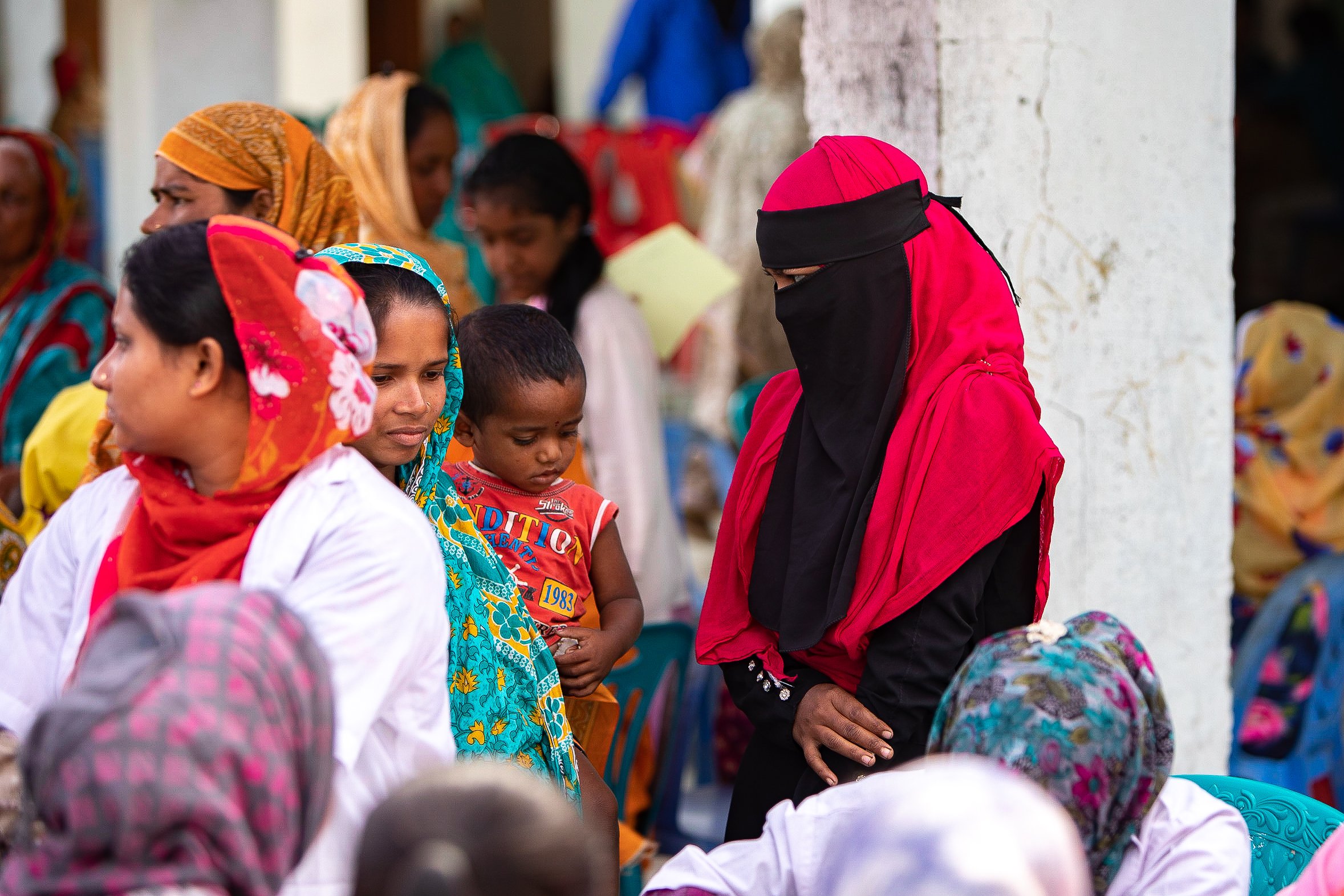
Programmes overview
The programmes that LAMB deliver fulfil our vision and mission of physical, social, emotional and spiritual health in fullness of life for all. All LAMB planning and implementation is founded on a cross-cutting understanding of wholistic and integrated initiatives which demonstrate Jesus’ love and care to those in contact with LAMB, so “That All May Have Abundant Life.”
Our objectives to see the poorest of the poor have improved health, see sustainable and pro-poor policies and systems implemented by the Government, and communities taking responsibility for their own health are outworked in these programmes.
Rather than organising primarily around departmental functions, the programme approach looks at how the same functions serve different goals. This page gives an overview of the aims and impact of our programmes and provides links to further detailed information.
Improved Health
LAMB seeks to improve health through integrated community and hospital interventions focusing on women and children who are typically the poorest in the communities we work in. LAMB provides clinical health and disability rehabilitation services at its hospital and in community health facilities. Health promotion, disease prevention, and reducing social barriers to accessing health care are encouraged through activities focused on households and neighbourhoods.
Health Access Programme
This programme focuses on identifying and overcoming barriers to accessing health services. Mechanisms for targeting subsidies to the poorest and most vulnerable are developed, implemented, and monitored. We maintain a high quality and locally-appropriate standard of care, choosing to use machines that can be locally maintained and used for low-cost care. Outcomes include analysing services for efficiency and lower-cost. Health outcomes are checked for equity and sent to local authorities to support evidence-based decision making.
Health Services Programme
LAMB is recognised for its provision of clinical services for women and child health at LAMB Hospital and via Community Clinics and Safe Delivery Units.
Each level of service is included in a ‘continuum of care’ which means household to clinic to hospital, with easy referrals between levels that are staffed by people with appropriate training and understanding of the system.
Areas covered by the Health Services Programmes include maternal, newborn and child health, reproductive health including fistula care and screening for cervical cancer, mental and emotional health, non-communicable diseases such as diabetes, heart disease and cancer (including future palliative care).
Responsible Leaders
Health Workforce Programme
LAMB offers training programmes for LAMB staff, government officers and other NGO personnel in the fields of health and development.
LAMB has trained local community residents and leaders, clinical health workers, and trainers. The reputation of our training centre programme is currently strongest in 3 year diplomas in midwifery and nursing, with demand for these slots extremely high. As training continues to evolve, LAMB is looking at increased trainee opportunities at the rural community clinics as well as LAMB Hospital.
Read more and find out about the Training Centre
Sustainable Leadership Programme
We want to see leaders and people of influence taking responsibility for health and justice in their communities. LAMB has developed professional, management, and leadership skills with many types of leaders and health and development professionals within and outside LAMB.
LAMB has been reactiving government-organised community oversight committees. The ‘Community Clinic Management Committees’ are associated with ward level community clinics (1 for every 6,000 to 7,000 population) and with Union Health and Family Welfare Centres (30,000 population).
Our programme is seeing community leaders, health care providers, religious leaders and heads of families take responsibility for health and justice in their communities.
Community Transformation Programme
The aim of the Community Transformation Programme is to see community ownership of individual and family health choices and accessible health and social systems. ‘Ownership’ is a sense of personal and communal responsibility, including holding authorities accountable to prioritise the most vulnerable, and not misuse their authority for personal or family gain.
LAMB’s approach includes training peers (women, adolescents, men) as leaders of community groups to implement local initiatives for change. Trained to engage with local communities and as elected officials and government health and social service representatives to overcome barriers from social determinants of health.
Pro-poor Health Policy and Implementation
LAMB has gained a national and international reputation as a provider of high quality evidence-based maternal, newborn, and reproductive health services. We want to see women-friendly, pro-poor, appropriate health policies and systems implemented by the Government of Bangladesh and other health care providers.
Advocacy Programme
LAMB collaborates with, and seeks to influence, Government and NGO health systems to advocate for and implement pro-poor health policies and systems.
The focus of the programme is reproductive health (including fistula prevention and reducing Caesarian Section rate), universal health coverage, and Christians united for and developing well-resourced communication materials and training to better advocate and share important advocacy messaging.
Research Programme
LAMB’s Research programme is increasingly busy with collaborative international projects, national links for surveillance and original research, and local small-scale projects. Helped by the Management Information Services and Research department our staff are increasing their capacity to use information for programme development and meaningful research.
Wholistic and Spiritual Health Development
Bangladesh is a deeply religious country, and LAMB seeks to link its health and development work with God’s Will for the world. We seek to demonstrate our dependence on God’s provision and wisdom with regular prayer and Bible reading in our programmes.
We define health as a whole state of well-being, which includes spiritual, mental and emotional health as well as physical. In our Spiritual Health Development Programme we also focus activities on mental and emotional health.

